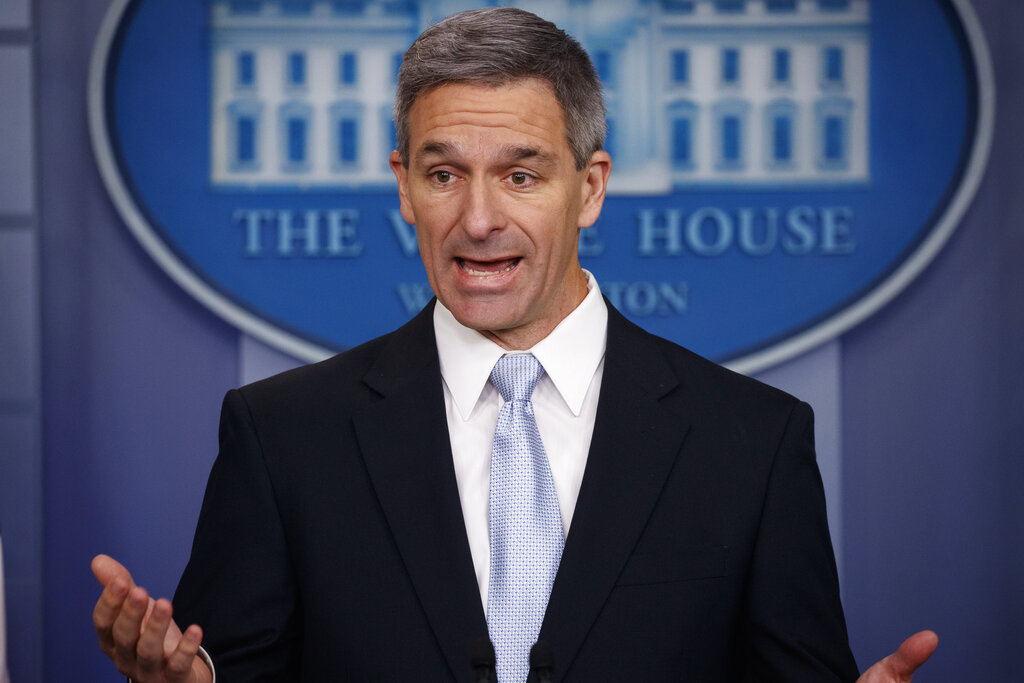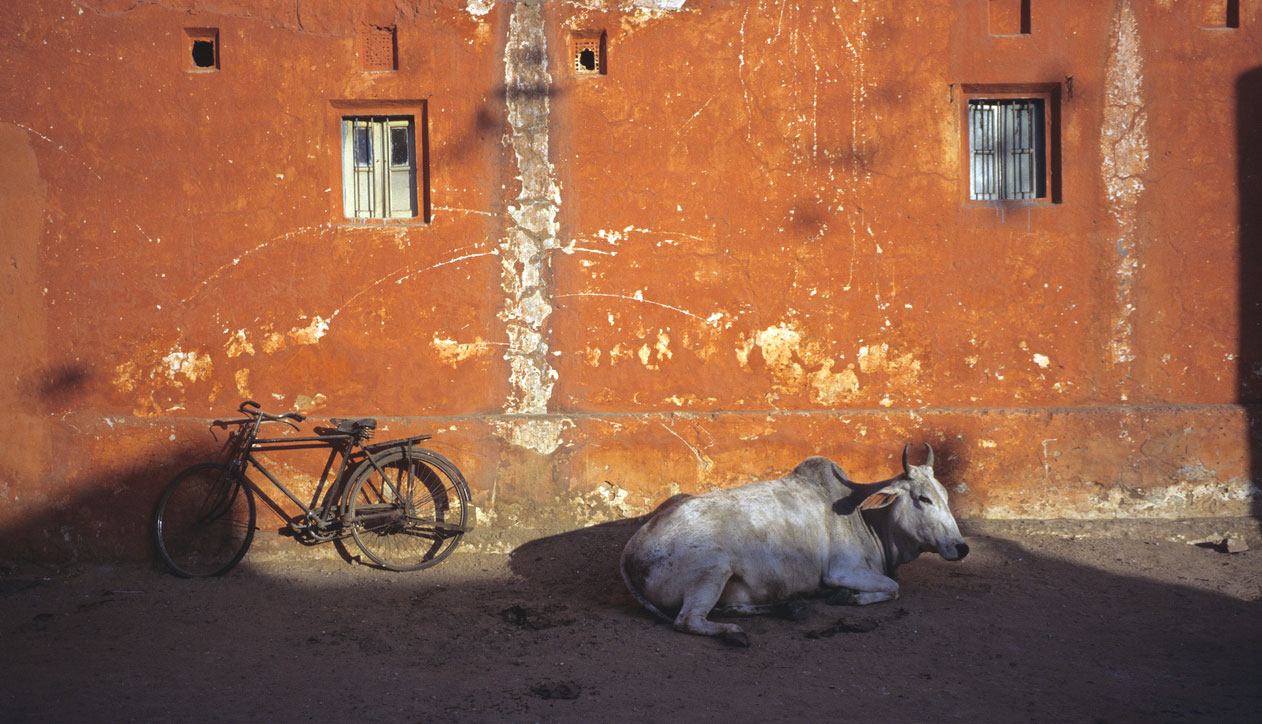Sir — The idea of liberty has often been distorted to suit bigoted arguments; now, even the Statue of Liberty has been roped in. The acting director of the citizenship and immigration services department of the United States of America recently gave a warped interpretation of the sonnet placed inside the monument. According to him, the poem suggests that the only ‘poor’ and ‘tired’ people welcome to the US are Europeans who can sustain themselves without State support. This goes against the poem’s essence. India, too, is no stranger to such misinterpretations. In the scriptures, Ram rajya is presented as the veritable kingdom of justice. And yet, is not injustice perpetrated in its name?
Pritha Samadder,
Calcutta
Still waiting
Sir — One wonders how all the six assailants named by Pehlu Khan — the dairy farmer lynched by a mob on April 1, 2017 — in his dying declaration could be acquitted, and other people be arrested in their place (“Killed again”, Aug 20). Is it any wonder that the two sons of Pehlu Khan, who were also injured in the incident, could not identify the new set of accused, as a result of which they too were set free? Could this be an indication that institutional bias in favour of cow vigilantes is working against the interest of justice?
Lynching has no place in a civilized society. The Congress government in the state must act efficiently to ensure that the family of Pehlu Khan gets justice.
S.S. Paul,
Nadia
Sir — Only a day before India entered its 73rd year of independence, a trial court acquitted all six men accused in the Alwar mob lynching case. This reflects poorly on the idea of ‘freedom’ that Indians cherish so fondly.
It is true that according to the law, one is innocent until proven guilty. But the Pehlu Khan case seems to have been wilfully weakened by the prosecution. The video recording of the lynching may have been found to be inadmissible because the forensic science laboratory did not clear it in time. But what about the sting operation conducted by a media house, which showed one of the accused boasting about having led the mob attack on the dairy farmer? It is difficult to accept that the statements of some 44 witnesses, including the two sons of Pehlu Khan who were present with him on the day of the incident, could not help bring the case to a resolution.
This verdict represents a low point for the justice delivery system. Mobs killing people in the name of cow protection and getting away with it with the help of political connections or on account of shoddy investigations are no longer uncommon. It has been proven once again that, in New India, killing in the name of the cow is not a crime. More shocking is the fact that as soon as the accused in the case were acquitted, slogans of “Bharat Mata ki jai” allegedly erupted among their supporters, both inside and outside the courtroom. Perhaps this is why the US had recently hinted that religious violence against minorities had increased under the rule of the Bharatiya Janata Party government at the Centre. It is somewhat reassuring that the Congressman and chief minister of Rajasthan, Ashok Gehlot, has promised to probe the case afresh.
Bidyut Kumar Chatterjee,
Faridabad
Sir — The recent verdict in the Pehlu Khan case has sent shock waves across the country, especially among forward-thinking citizens and minority communities. The police allegedly diluted the case in favour of the accused under pressure from the then BJP government in the state.
During the trial, Pehlu Khan’s family was constantly threatened to withdraw the case. Even after the verdict, the supporters of the accused allegedly broke out in jubilation, chanting slogans popularized by the right wing. The case will be investigated again. One hopes that adequate security is given to the witnesses as well as the judges hearing the case, in order to bring the matter to a logical conclusion.
Jahar Saha,
Calcutta
Sir — While the three doctors accused of abetting the suicide of Payal Tadvi are out on bail, a Rajasthan trial court has acquitted the six accused in the Pehlu Khan case on the basis of insufficient evidence. That the court verdict depends on witnesses and evidence is well known. So the prosecution should have procured proper evidence in both cases. As for the Pehlu Khan case, it appears that nobody killed him — he died by himself. Unfortunately, both incidents seem to suggest that the state machinery has acted against the victims, both of whom belonged to minority communities. Steps must be taken so that people do not lose faith in the justice system.
Sebastian Kujur,
Siliguri













